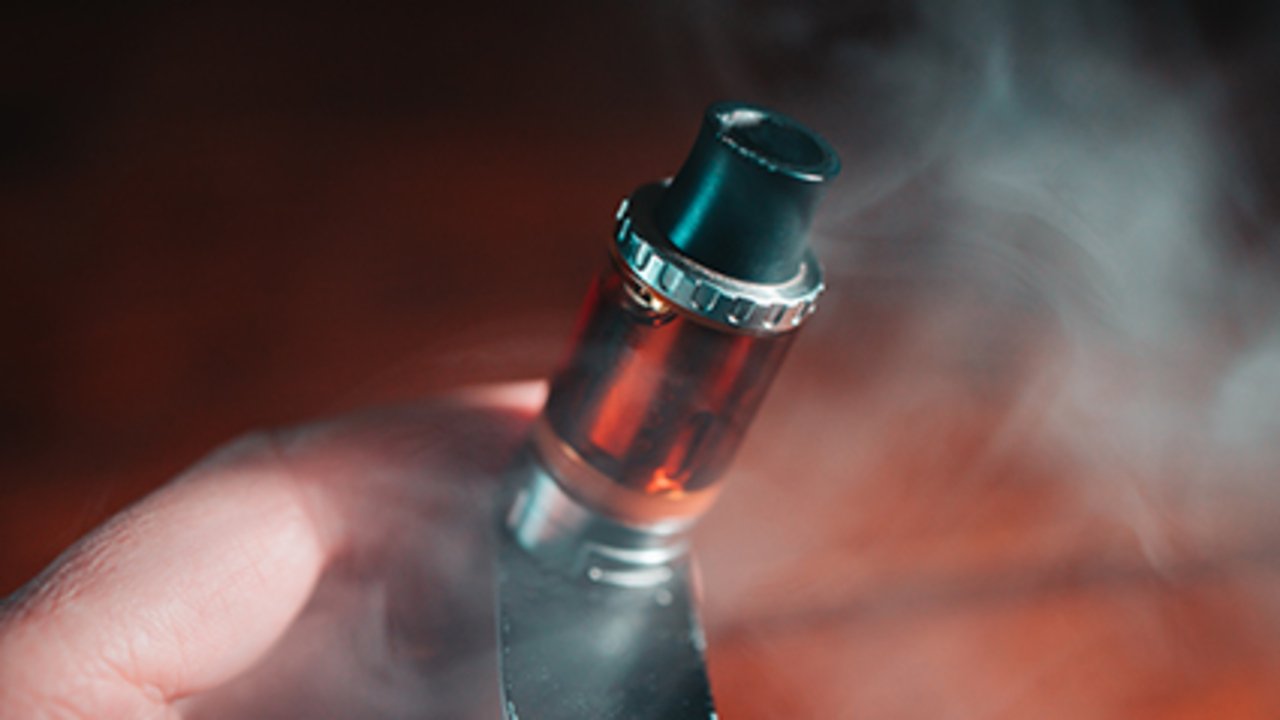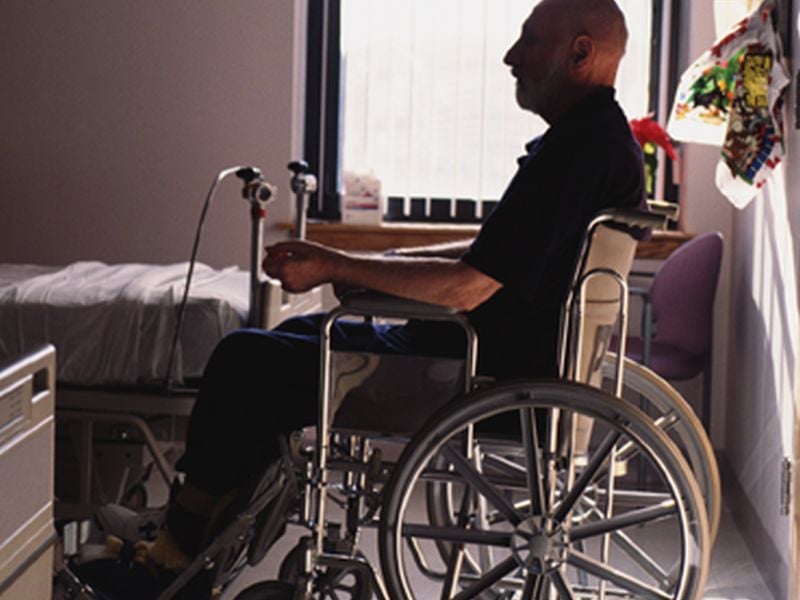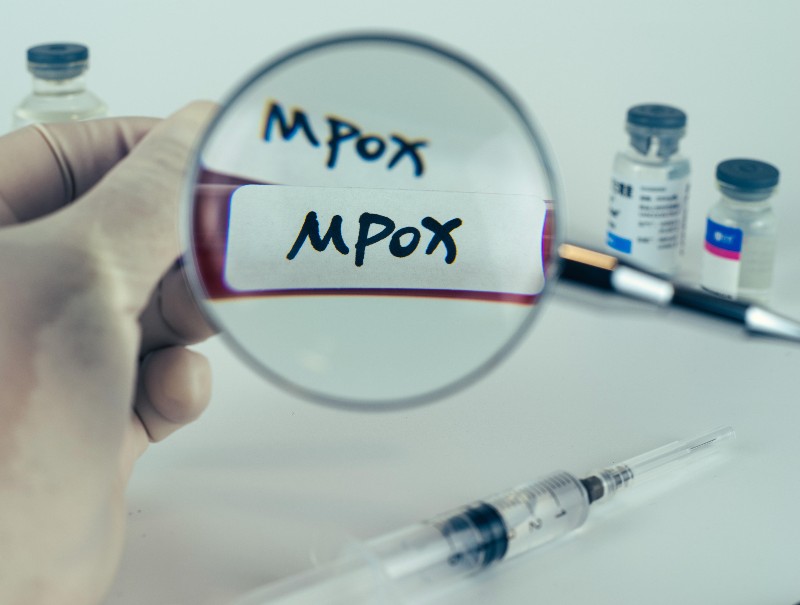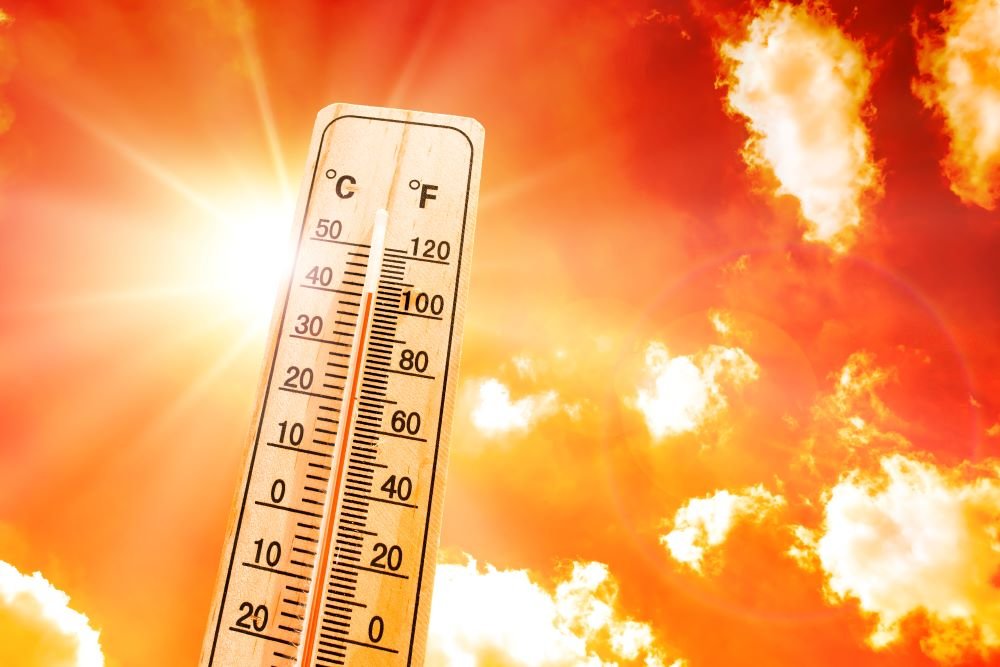
Blood pressure medications appear to more than double the risk of life-threatening bone fractures among nursing home residents, a new study warns. The increased risk stems from the drugs’ tendency to impair balance, particularly when patients stand up and temporarily experience low blood pressure that deprives the brain of oxygen, researchers reported recently in the… read on > read on >






























